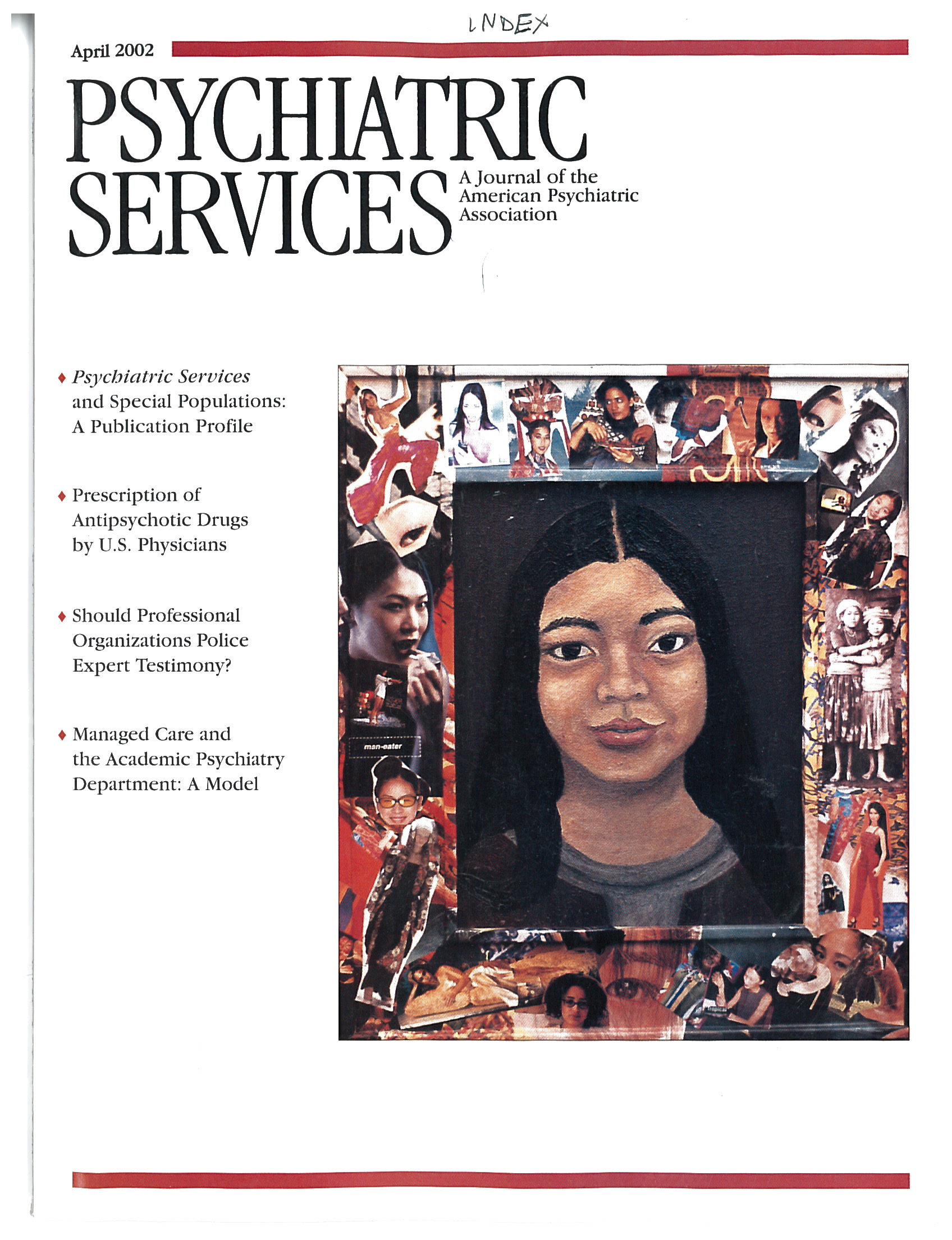Factors Associated With Attendance at a First Appointment After Discharge From a Psychiatric Hospital
Abstract
A retrospective review of medical records of 158 patients who were discharged from a university-affiliated psychiatric hospital in the Midwest found that 29 patients (18 percent) did not attend their scheduled follow-up appointment. Multivariate logistic regression analysis showed that patients who were white, who lived in an urban county, and whose scheduled appointment was within two weeks of discharge were significantly more likely to attend their follow-up appointment. The study showed that patients who have an elevated risk of missing their follow-up appointment after hospital discharge can be prospectively identified. This information can be used to develop strategies for improving the likelihood that at-risk patients will receive follow-up care.



